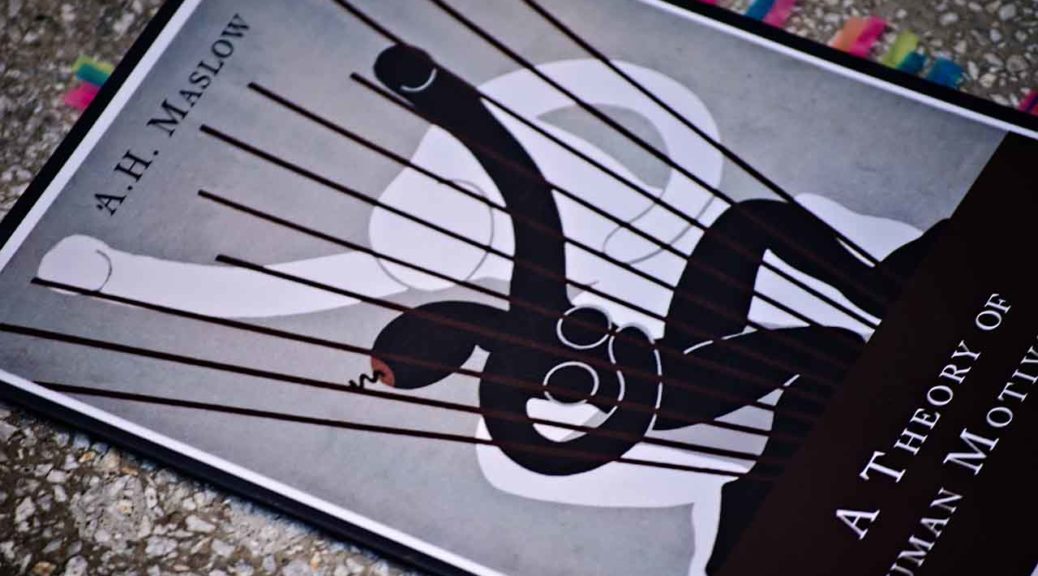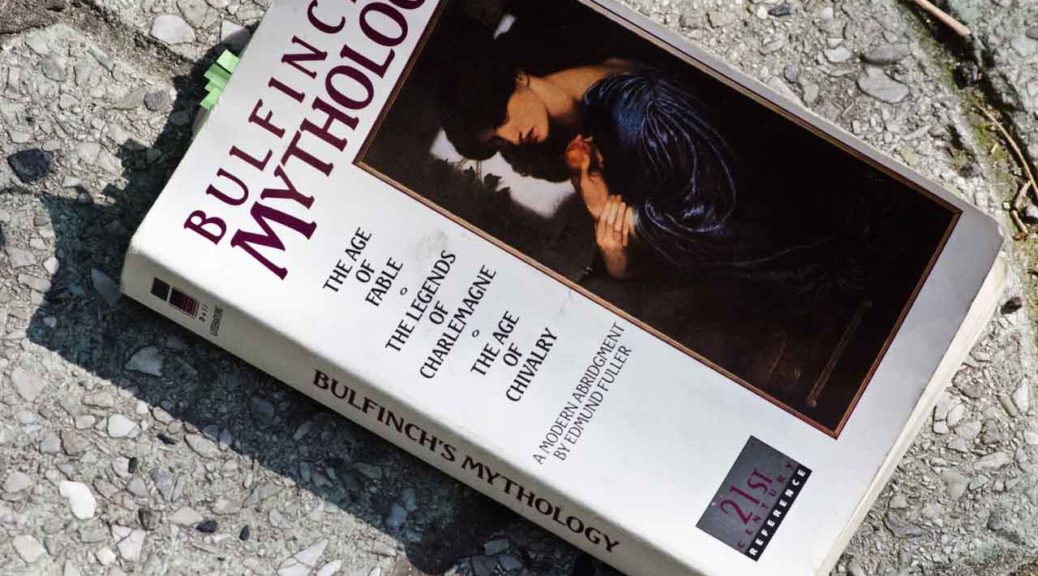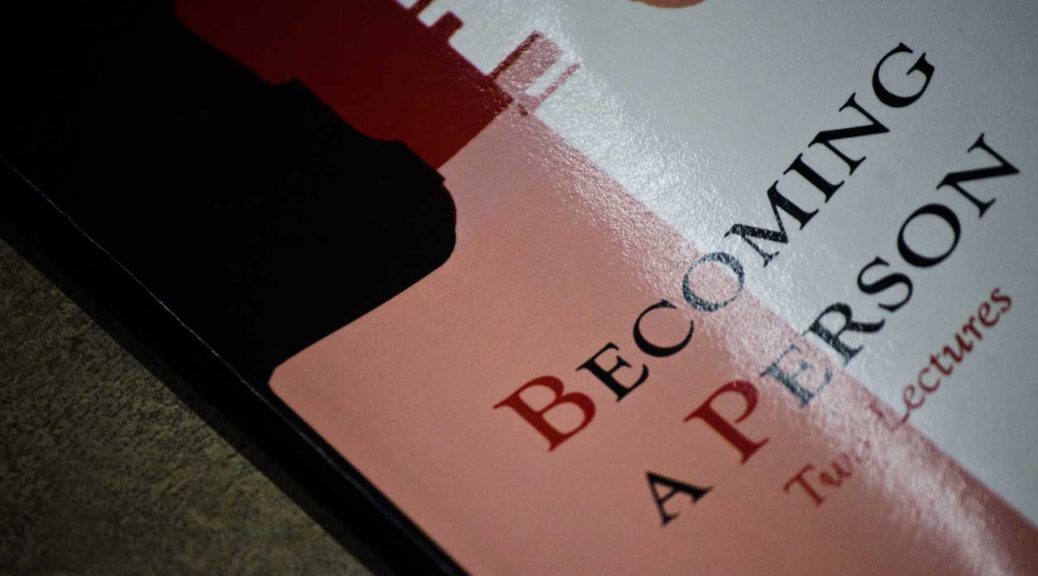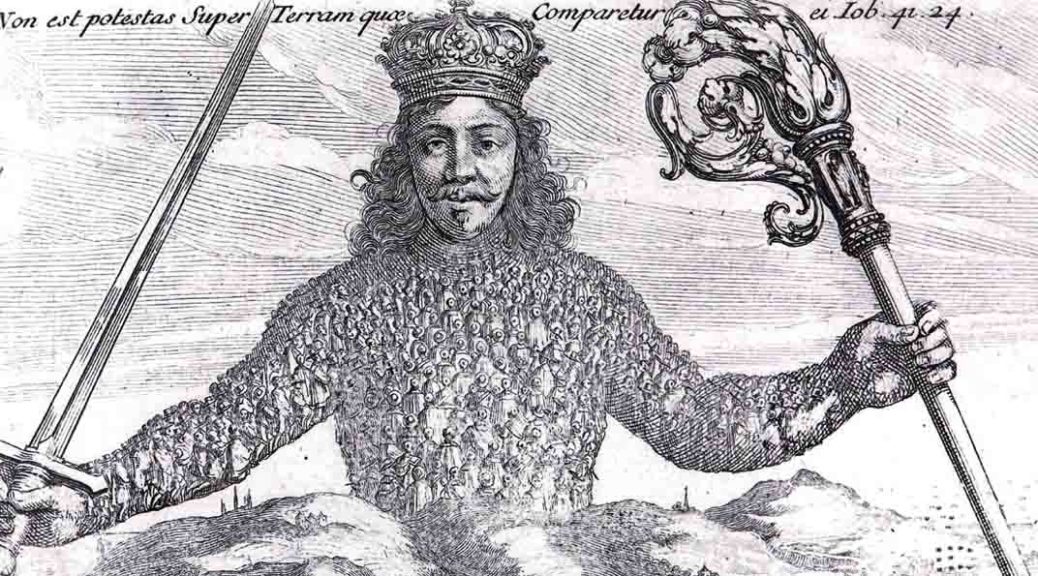
Category Archives: philosophy

Existentialism via Solzhenitsyn and the Gulag
Ur Fascism – Umberto Eco
Read Umberto Eco’s
Ur Fascism
essay. The New York Review of Books.
See wikipedia entry
nationalism and his cult of heroism
celebrated speed, violence, and risk
fascist cult of youth
optimism and heroism
Fascism became an all-purpose term because one can eliminate from a fascist regime one or more features, and it will still be recognizable as fascist. Take away imperialism from fascism and you still have Franco and Salazar. Take away colonialism and you still have the Balkan fascism of the Ustashes. Add to the Italian fascism a radical anti-capitalism (which never much fascinated Mussolini) and you have Ezra Pound. Add a cult of Celtic mythology and the Grail mysticism (completely alien to official fascism) and you have one of the most respected fascist gurus, Julius Evola.
The first feature of Ur-Fascism is the cult of tradition.
If you browse in the shelves that, in American bookstores, are labeled as New Age, you can find there even Saint Augustine who, as far as I know, was not a fascist. But combining Saint Augustine and Stonehenge – that is a symptom of Ur-Fascism.
Action being beautiful in itself, it must be taken before, or without, any previous reflection. Thinking is a form of emasculation.
fear of difference
obsession with a plot,
Thus, by a continuous shifting of rhetorical focus, the enemies are at the same time too strong and too weak.
Fascist governments are condemned to lose wars because they are constitutionally incapable of objectively evaluating the force of the enemy.
In every mythology the hero is an exceptional being, but in Ur-Fascist ideology, heroism is the norm. This cult of heroism is strictly linked with the cult of death. It is not by chance that a motto of the Falangists was Viva la Muerte (in English it should be translated as “Long Live Death!”).
the Ur-Fascist hero craves heroic death, advertised as the best reward for a heroic life. The Ur-Fascist hero is impatient to die. In his impatience, he more frequently sends other people to death.
All the Nazi or Fascist schoolbooks made use of an impoverished vocabulary, and an elementary syntax, in order to limit the instruments for complex and critical reasoning.
UrFascism is still around us, sometimes in plainclothes. It would be so much easier, for us, if there appeared on the world scene somebody saying, “I want to reopen Auschwitz, I want the Black Shirts to parade again in the Italian squares.” Life is not that simple. UrFascism can come back under the most innocent of disguises.

The Age of Fable
Bulfinch, Thomas. Bulfinch’s Mythology: The Age of Fable. Abridged by Edmund Fuller. 1959. (First published 1855).

Becoming a Person
Rogers, Carl R. Becoming a Person: Two Lectures Delivered on the Nellie Heldt Lecture Fund. Martino Publishing, 2015. (First published 1954)
-Some Hypotheses Regarding the Facilitation of Personal Growth
-What It Means to Become a Person
“It has gradually been driven home to me that I cannot be of help to this troubled person by means of any intellectual or training procedure. No approach which relies upon knowledge, upon training, upon the acceptance of something that is taught, is of any use.” p. 2
hypothesis: “If I can provide a certain type of relationship, the other person will discover within himself the capacity to use that relationship for growth, and change and personal development will occur.” p. 2
to read Søren Kierkegaard
Kierkegaard ‘points out that the most common despair is to be in despair at not choosing, or willing, to be one’s own self; but that the deepest form of despair is to choose “to be another than himself.” One the other hand, “to will to be that self which one truly is, is indeed the opposite of despair,” and his choice is the deepest responsibility of man.’ p. 11
“To remove a mask which you had thought was part of your real self can be deeply disturbing experience, yet when there is freedom to think and feel and be, the individual moves toward such a goal.” p. 11
“the real self is something which is comfortably discovered in one’s experience, not something imposed upon it.” p. 15
“to an increase degree he becomes himself-not a facade of conformity to others, nor a cynical denial of all feeling, nor a front of intellectual rationality, but a living, breathing, feeling, fluctuating process-in short, he becomes a person.” p. 15
“this increasing ability to be open to experience makes him far more realistic in dealing with new people, new situations, new problems. It means that his beliefs are not rigid, that he can tolerate ambiguity.” p. 16
“The individual increasingly comes to feel that this locus of evaluation lies within himself. Less and less does he look to others for approval or disapproval; for standards to live by; for decisions and choices. He recognizes that it rests within himself to choose; that the only question which matters is: “Am I living in a way which is deeply satisfying to me, and which truly expresses me?” This I think is perhaps the most important question for the creative individual.” p. 19-20
“the individual seems to become more content to be a process than a product.” p. 21
“It means that a person is a fluid process, not a fixed and static entity; a flowing river of change, not a block of solid material; a continually changing constellation of potentialities, not a fixed quantity of traits.” p. 22
to read: On Becoming a Person (1961)
DEPTH PSYCHOLOGY: SIGMUND FREUD (PART 2)
Jordan Peterson.
Depth Psychology: Sigmund Freud (Part 1)
Jordan Peterson.
see sublimation

to read
Depth Psychology: Carl Jung (2)
watched
Depth Psychology: Carl Jung (Part 01)
watched